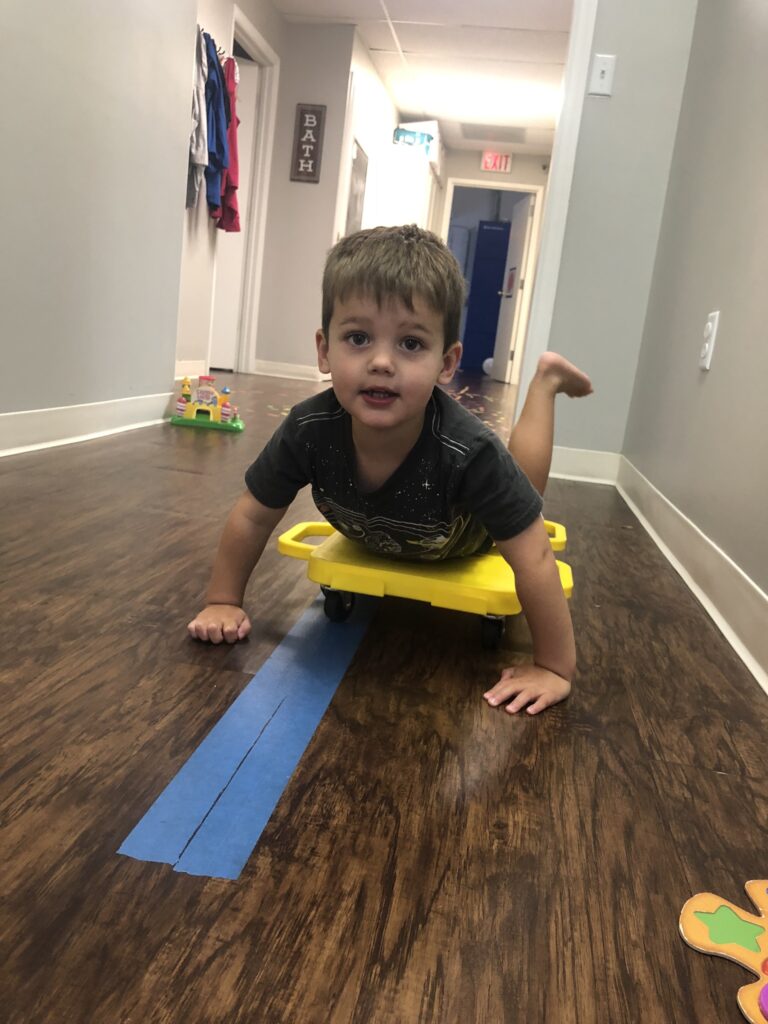What are Primitive Reflexes?
A reflex is a motor response that automatically occurs each time a stimulus is provided. Primitive reflexes are a typical part of our development that begin in the womb and are present at birth. Reflexes helps the infant as he or she develops and to become more engaged with the environment. This can include anything from reacting to sounds to eliciting postural tone.Primitive reflexes play an important role in development, allowing us to generate muscle tone needed to protect ourselves, gradually leading to voluntary movements to resist gravity. As the infant grows, these reflexes become integrated. What that means is you take those reflexes and you build off of them, so when you have that environmental input you don’t have the reflex anymore—instead, you have a more mature motor pattern. These primitive reflexes begin the process of integration during the first months of life and should be fully integrated within the first two years of life.
How will Occupational Therapy help my child integrate their retained primitive reflexes?
Our Occupational Therapist at Mount Pleasant Pediatric Therapy will begin by assessing your child for any retained primitive reflexes. If an evaluation indicates that your child does have any retained primitive reflexes your Occupational Therapist will implement specific intervention techniques to promote reflex integration during treatment sessions as well as in home exercise programs.
How do Primitive Reflexes affect my child’s development?
If the reflex integration process has not progressed appropriately and these reflexes are retained they can inhibit typical development. Retained reflexes can contribute to difficulties with coordination, balance, sensory perceptions, fine motor skills, language, sleep, impulse control, concentration and all levels of social, emotional, and intellectual learning.

